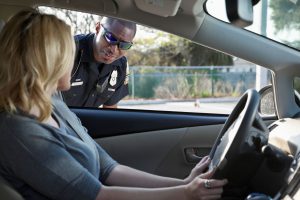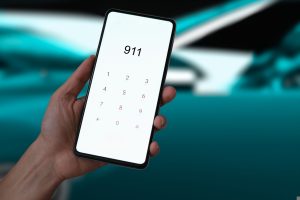If you’ve been charged with DUI in Florida, you’re likely feeling overwhelmed and uncertain about what comes next. As a Fort Lauderdale criminal defense attorney can explain, evidence from police bodycams and dashcams can play a crucial role in your defense – sometimes helping your case significantly, and other times presenting challenges we need to address strategically.
Understanding the Digital Evidence Landscape
In today’s law enforcement environment, nearly every DUI stop is recorded. Police vehicles are equipped with dashcams that capture the initial traffic stop, and officers wear bodycams that document their interactions with drivers. This footage becomes a permanent record of your encounter with law enforcement, and understanding how it can impact your case is essential.
How Video Evidence Can Help Your Defense
Sometimes, the video evidence captured by police can actually work to your advantage. Some of the ways that’s possible:
-
Challenging Officer Testimony
- Video footage provides an objective record that can contradict inaccurate or embellished police testimony. If an officer claims you were stumbling severely, but the bodycam shows you walking steadily, this discrepancy can be powerful evidence in your favor.
-
Documenting Procedural Violations
- Florida law requires officers to follow specific procedures during DUI investigations. Video evidence can reveal when these procedures weren’t followed properly. For example, if the footage shows an officer failed to properly administer field sobriety tests according to National Highway Traffic Safety Administration (NHTSA) standards, we can challenge the validity of those tests.
-
Revealing Environmental Factors
- Dashcam and bodycam footage often capture important environmental conditions that may have affected field sobriety test performance – uneven pavement, poor lighting, heavy traffic, or adverse weather conditions. These factors can provide alternative explanations for poor performance on sobriety tests.
-
Demonstrating Sobriety Indicators
- Sometimes the video actually shows you performing better than the officer’s report suggests. Clear speech, appropriate responses to questions, and steady movements captured on camera can contradict claims of obvious impairment.
When Video Evidence Presents Challenges
-
Documenting Apparent Impairment
- Unfortunately, video evidence can also capture behaviors that appear to support impairment charges. Slurred speech, unsteady movement, or poor performance on field sobriety tests recorded on camera can be compelling evidence for the prosecution.
-
Preserving Incriminating Statements
- Bodycam footage preserves everything you say during the encounter. Admissions about drinking, statements about your condition, or responses that seem to indicate impairment can all be used against you in court.
In cases where an officer may have lacked reasonable suspicion to initiate the traffic stop in the first place, a Fort Lauderdale defense lawyer may have sufficient grounds to ask the court for a motion to suppress the footage. If the court grants it, it can’t be used to make a case against you. For some defendants, that can seriously undermine the prosecution’s case.
The Critical Importance of Remaining Silent
Something we as defense attorneys cannot stress enough: exercise your right to remain silent during any DUI investigation. This is especially important given the possibility that everything say is being recorded — and can be used against you in court.
Know that you are not required to: Continue reading
 Fort Lauderdale Criminal Attorney Blog
Fort Lauderdale Criminal Attorney Blog


















